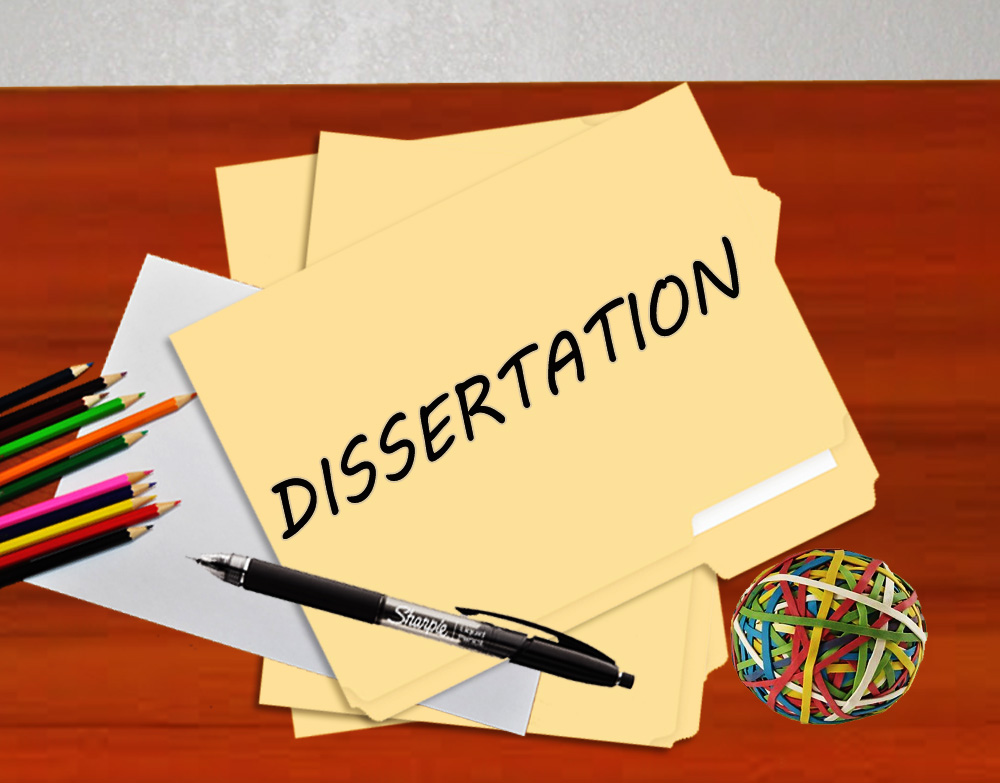The Essay Structure
An essay essay is a structured piece of writing that presents an argument through analysis, interpretation, and supporting evidence. Its length and content vary based on the subject and academic requirements. The primary goal of an essay is to convince the reader of a specific viewpoint on a given topic. Before writing an essay, it is essential to comprehend the assignment, select a topic, conduct research, and formulate a thesis statement, which serves as the central argument guiding the discussion. You can also come up with an outline that will give you an idea, the order, and the evidence of what you want to discuss.
What Are The Basic Parts of The Essay Structure?
The basic parts of an essay include the introduction, the body, and the conclusion. Here is a brief discussion of what needs to be included in each part.
- The Introduction: A captivating introduction paragraph is essential. It lays the foundation of your argument and informs the reader of what to expect. Any introduction has to catch the reader’s attention, provide the background on your preferred topic, and then present your thesis statement. Be clear and precise. Even as you spend time writing an effective hook, avoid long sentences and plain statements. In addition, detailed background information is necessary. Such information can be the historical context and the relevant theories about the topic. You can then proceed to narrow down your focus to the most crucial part of your introduction, the thesis statement. This claim that requires evidence conveys your take or rather the central point about a topic. Remember to return to the introduction after writing the body and the conclusion to check whether your thesis statement matches your essay’s content.
- The Body: Divided into paragraphs, the longest part of an essay elaborates the evidence and the arguments for your thesis. This section requires you to present your ideas at a time. In each paragraph, focus on a single idea, and compose a topic sentence expressing the central idea. Write strong support sentences and exhaust the arguments relating to the idea then move on to the next paragraph. Another important thing that many forget is to note the sources when writing essays. It is wise to note down the different sources, which makes it easier when making your final draft. Your thesis statement should guide every idea that you write. If any contradictions, you might as well consider revisiting your thesis to portray an accurate reflection of the argument made. Finally, ensure that there exists a clear and logical relation between the ideas. If not, then try using transition sentences that shift the previous topic to the new one.
- The Conclusion: How do you conclude your essay? A perfect conclusion not only ties the main points together but also explains why your arguments are significant. Try reminding the reader of the points that you used to anchor your ideas throughout the essay. The conclusion shows the logical flow and how your ideas relate. Yet again, avoid introducing new ideas that were not included in the essay.

